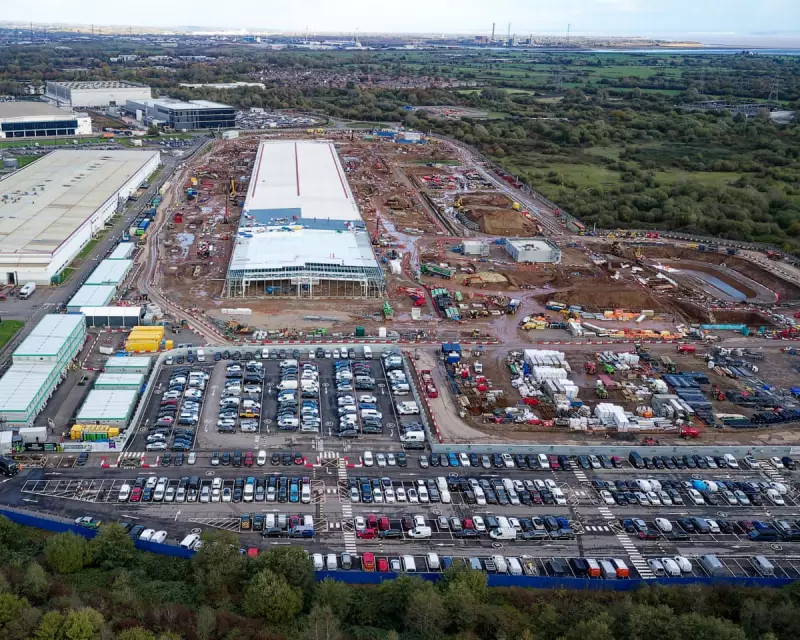
The artificial intelligence sector is experiencing what can only be described as a modern-day gold rush, with company valuations reaching astronomical figures that are leaving even seasoned investors scratching their heads. As billions pour into AI startups, serious questions are emerging about whether we're witnessing genuine technological revolution or the early stages of a dangerous market bubble.
The Numbers Defying Logic
Recent funding rounds for AI companies have achieved valuations that seem to defy traditional business logic. Firms with minimal revenue, unproven business models, and technology still in development stages are commanding price tags that rival established tech giants. This valuation explosion has created both excitement and deep concern within financial circles.
One industry analyst described the current climate as "irrational exuberance on steroids," drawing uncomfortable parallels with the dot-com bubble of the late 1990s. The fear isn't that AI technology lacks potential, but that expectations have become dangerously detached from commercial reality.
What's Driving the Frenzy?
Several factors are contributing to this valuation frenzy:
- Fear of missing out (FOMO): Investors are terrified of being left behind in what could be the next technological paradigm shift
- Generative AI breakthroughs: The stunning success of tools like ChatGPT has created a belief that similar revolutionary products are just around the corner
- Corporate desperation: Established companies are scrambling to acquire AI capabilities before competitors do
- Speculative capital: Easy money seeking the next big return has flooded into the AI space
The Warning Signs Experts Are Watching
Several red flags have emerged that concern market watchers:
- Revenue multiples: Some AI companies are trading at revenue multiples of 50x or more, numbers rarely seen outside bubble periods
- Hype over substance: Many companies are valued on potential rather than proven technology or sustainable business models
- Regulatory uncertainty: The AI sector faces significant future regulatory hurdles that could dramatically impact profitability
- Technical limitations: Current AI technology still faces fundamental challenges that may take years to overcome
Could This Time Be Different?
Proponents argue that the AI revolution represents a genuine technological leap comparable to the invention of the internet or electricity. They point to real productivity gains and transformative potential across virtually every industry. The argument is that traditional valuation metrics simply don't apply to technology this fundamentally disruptive.
However, sceptics counter that history suggests otherwise. Every major technological shift has been accompanied by investment bubbles, from railways in the 1840s to telecommunications in the 1990s. The pattern of over-enthusiasm, followed by painful correction, has repeated itself throughout economic history.
The Road Ahead
As the AI market continues to mature, several scenarios could unfold. A gradual cooling of valuations as reality sets in seems likely, though a sharp correction remains possible if key technological promises fail to materialise. What's certain is that the current valuation landscape is unsustainable in the long term.
The coming months will be crucial in determining whether the AI sector can grow into its current valuations or whether investors are setting themselves up for a painful awakening. One thing is clear: the stakes have never been higher for the future of artificial intelligence and the investors betting on its success.





